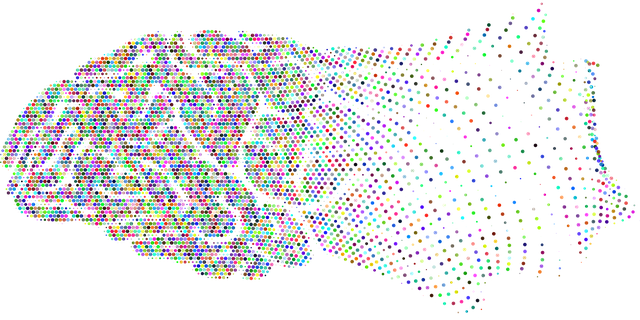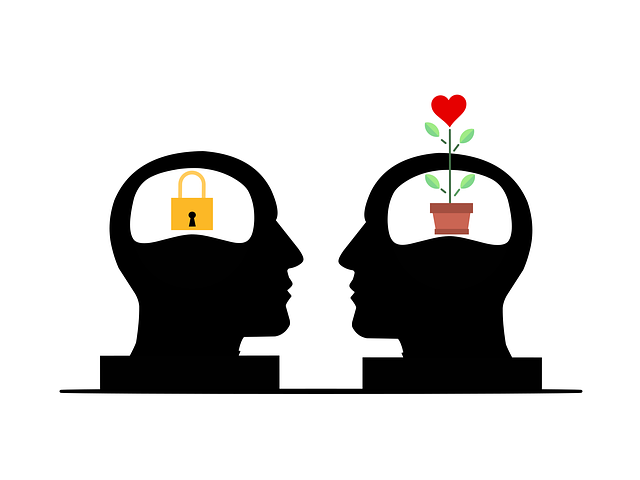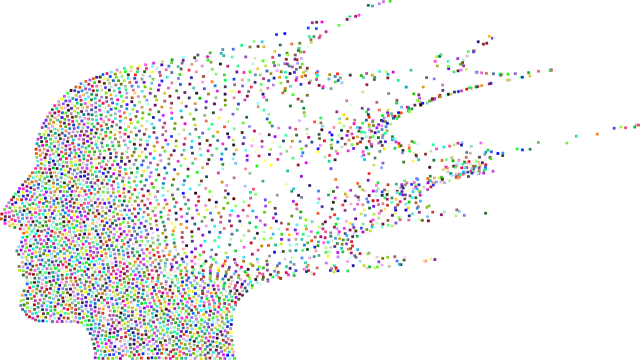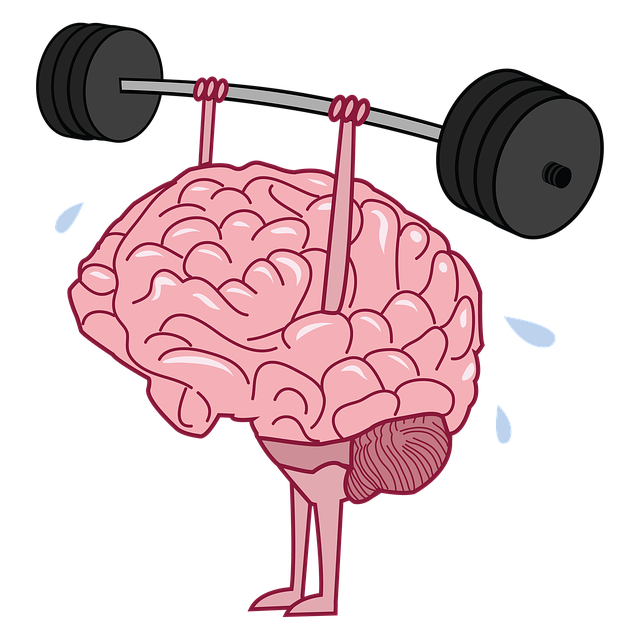Superior Mental Health Evaluations (SMHEs) are essential for effective therapy and mental wellness programs, providing a structured framework to understand individuals' psychological needs, challenges, and strengths. These evaluations go beyond diagnosing disorders, integrating open dialogue, active listening, mindfulness practices, and diverse therapeutic modalities to offer nuanced insights. Cultural competency training ensures inclusive evaluations catering to diverse populations, while self-care routines empower clients to manage their mental health proactively. A comprehensive assessment includes personal histories, clinical interviews, and standardized psychometric tools tailored to specific needs, enabling personalized interventions like Mental Wellness Coaching Programs. Continuous improvement through KPI tracking, data analysis, burnout prevention, and risk management planning further enhances client outcomes, making SMHEs a cornerstone of successful therapy and mental wellness initiatives.
In today’s fast-paced world, prioritizing mental wellness is paramount. This article delves into the crucial aspect of mental health evaluation as a cornerstone for implementing superior therapy programs. We explore both traditional and innovative methods to assess mental health, emphasizing the key components for comprehensive evaluations. By understanding these approaches, we can effectively measure success and foster continuous improvement in mental wellness initiatives.
- Understanding the Importance of Mental Health Evaluation
- Traditional vs. Innovative Evaluation Methods
- Key Components of a Comprehensive Assessment
- Implementing Effective Therapy Programs
- Measuring Success and Continuous Improvement
Understanding the Importance of Mental Health Evaluation

Mental health evaluation is a cornerstone of effective therapy and superior mental wellness outcomes. It provides a structured framework to understand an individual’s unique needs, challenges, and strengths. By employing comprehensive assessment tools, healthcare providers gain invaluable insights into patients’ psychological well-being, enabling them to tailor interventions precisely. This personalized approach ensures that treatment strategies are not only evidence-based but also resonate with the patient’s experiences, fostering trust and engagement.
Moreover, effective mental health evaluations go beyond diagnosing disorders. They facilitate empathy building strategies by encouraging open dialogue and active listening, enhancing the therapeutic alliance. In light of this, healthcare provider cultural competency training plays a crucial role in ensuring diverse populations feel understood and respected during the evaluation process. Additionally, self-care routine development is often integrated into these evaluations, empowering individuals to take proactive steps towards maintaining and improving their mental health.
Traditional vs. Innovative Evaluation Methods

In the realm of mental wellness programs, evaluation methods have evolved from traditional approaches to embrace innovative techniques that offer superior mental health evaluations. While conventional methods often rely on standardized questionnaires and clinical interviews, contemporary strategies go beyond these tools to gain a more comprehensive understanding of an individual’s well-being. Innovative evaluation methods, such as compassion cultivation practices and stress reduction techniques, not only assess symptoms but also explore underlying factors contributing to mental health. These approaches aim to foster anxiety relief and promote holistic healing by integrating various therapeutic modalities.
By incorporating these advanced strategies, mental wellness programs can provide more nuanced insights into the client’s experience. For instance, mindfulness-based interventions and innovative therapy techniques enable evaluators to measure not just symptoms of disorders but also the individual’s capacity for resilience and coping mechanisms. This shift towards comprehensive evaluation allows therapists to tailor therapy plans with greater precision, ensuring that treatments are more effective in addressing the root causes of psychological distress, ultimately enhancing overall mental wellness outcomes.
Key Components of a Comprehensive Assessment

A comprehensive assessment is a cornerstone of effective mental wellness program evaluation. It involves meticulous collection and analysis of data to understand individuals’ unique psychological landscapes. Superior mental health evaluations encompass various key components, including detailed personal histories, thorough clinical interviews, and standardized psychometric tools tailored to specific needs. This holistic approach not only identifies symptoms but also delves into the underlying factors contributing to an individual’s mental well-being or distress, allowing for personalized interventions.
The design of mental health education programs plays a pivotal role in this process. Incorporating cultural sensitivity ensures that evaluations and subsequent therapies are inclusive and respectful, addressing diverse populations’ specific needs. By integrating cultural nuances into assessment methods, practitioners can better understand individuals’ lived experiences, beliefs, and coping mechanisms, thereby enhancing the effectiveness of therapy and fostering more profound mood management.
Implementing Effective Therapy Programs

Implementing effective therapy programs requires a strategic approach that goes beyond mere selection of techniques. Superior mental health evaluations are instrumental in tailoring interventions to meet individual needs, ensuring that the chosen therapies are both relevant and impactful. These evaluations should encompass a comprehensive assessment of symptoms, personal history, and environmental factors to identify underlying issues and tailor treatment accordingly. For instance, integrating Mental Wellness Coaching Programs Development can enhance client engagement and self-management skills, fostering a sense of agency in managing mental health.
Mental Health Awareness plays a pivotal role in promoting early intervention and reducing stigma. Resilience Building strategies within these programs empower individuals to cope with challenges, adapt to adversity, and maintain emotional well-being over time. By combining rigorous evaluation methods with evidence-based practices, therapists can design dynamic and effective therapy programs that address the nuanced needs of each client, ultimately enhancing their mental wellness outcomes.
Measuring Success and Continuous Improvement

Measuring success and driving continuous improvement are vital components of any robust mental wellness program evaluation. Superior mental health evaluations go beyond simple satisfaction surveys, employing a multifaceted approach to assess both individual client outcomes and the overall effectiveness of services provided. This includes tracking key performance indicators (KPIs) such as reduced symptoms of anxiety or depression, improved coping mechanisms, and enhanced quality of life. Regular data analysis allows for identifying trends, pinpointing areas of success, and uncovering aspects that require refinement.
For mental health professionals, integrating practices like burnout prevention and risk management planning is crucial for maintaining a healthy work environment and ensuring sustained delivery of quality care. Additionally, healthcare provider cultural competency training can significantly enhance client outcomes by fostering more inclusive and effective therapy sessions. By continuously evaluating and adapting programs based on these metrics, mental wellness initiatives can evolve to better meet the diverse needs of their clientele.
In evaluating mental wellness programs, adopting innovative methods alongside traditional ones offers a comprehensive approach to superior mental health therapy. By understanding key components of assessment and implementing effective programs, we can measure success and continuously improve support for those seeking better mental health. This multi-faceted strategy ensures that evaluation processes stay current, relevant, and tailored to individual needs.














